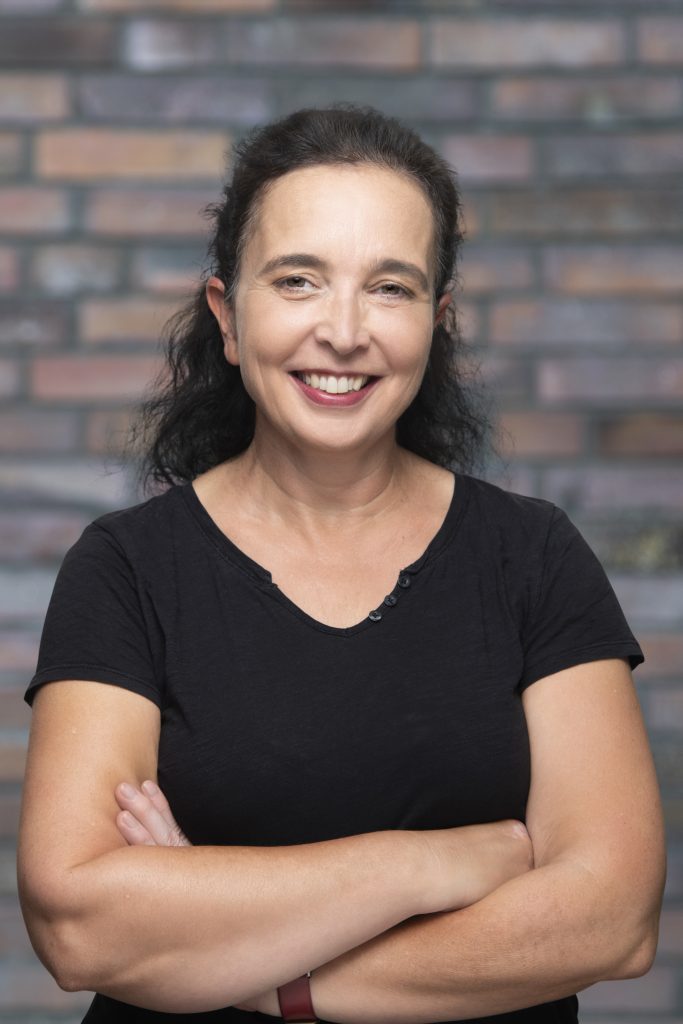A new lead in FAIR data
HITS researcher Ulrike Wittig will be a new lead in the data platfom of the European life science organization ELIXIR. She will contribute to building an infrastructure for scientists to find and share data, exchange expertise, and agree on best practices.
ELIXIR, an intergovernmental organization that brings together life science resources from across Europe, has named new leading persons for several platforms. Among them is HITS researcher Ulrike Wittig from the Scientific Database and Visualization (SDBV) group, who will serve a two-year term in the data platform, starting from 1 January 2022.
ELIXIR´s resources include databases, software tools, training materials, cloud storage and supercomputers. The goal is to coordinate these resources so that they form a common infrastructure. This infrastructure makes it easier for scientists to find and share data, exchange expertise, and agree on best practices. Ultimately, it will help them gain new insights into how living organisms work.
Each of ELIXIR’s five platforms (Data, Tools, Compute, Interoperability and Training) has a platform coordinator based at the ELIXIR hub, and three platform leads, also known as ExCos, who are based at ELIXIR nodes. These people are collectively responsible for the operations and activities of their respective platforms, and help to drive new developments in these areas.
About HITS
HITS, the Heidelberg Institute for Theoretical Studies, was established in 2010 by physicist and SAP co-founder Klaus Tschira (1940-2015) and the Klaus Tschira Foundation as a private, non-profit research institute. HITS conducts basic research in the natural, mathematical, and computer sciences. Major research directions include complex simulations across scales, making sense of data, and enabling science via computational research. Application areas range from molecular biology to astrophysics. An essential characteristic of the Institute is interdisciplinarity, implemented in numerous cross-group and cross-disciplinary projects. The base funding of HITS is provided by the Klaus Tschira Foundation.
